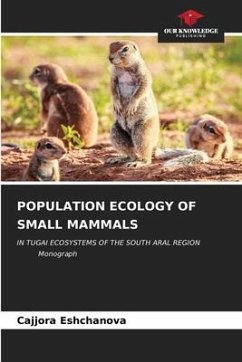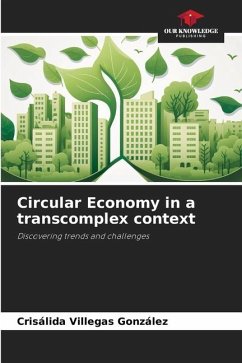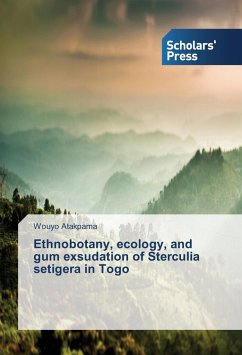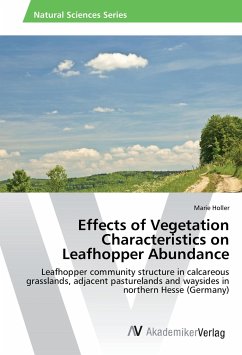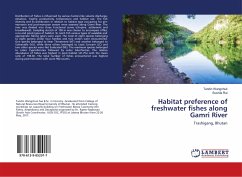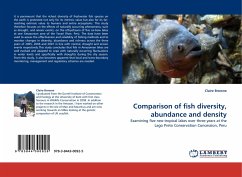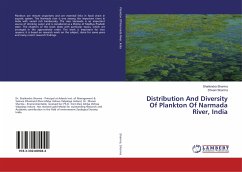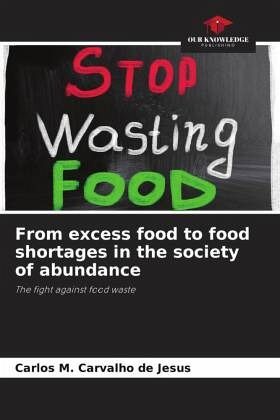
From excess food to food shortages in the society of abundance
The fight against food waste
Versandkostenfrei!
Versandfertig in 6-10 Tagen
27,99 €
inkl. MwSt.

PAYBACK Punkte
14 °P sammeln!
Sharing the guidelines and concerns of the United Nations Organisation, expressed in 2015 in the Sustainable Development Goals and whose main goals are to "End hunger, achieve food security and improved nutrition and promote sustainable agriculture" (SDG2) by 2030 and the need to "Ensure sustainable production and consumption patterns" (SDG12), we propose to reflect on the problem of combating food waste and on social actions aimed at mitigating it. It is interesting to understand the socially constructed relationship between overconsumption and food waste on the one hand and food shortages on...
Sharing the guidelines and concerns of the United Nations Organisation, expressed in 2015 in the Sustainable Development Goals and whose main goals are to "End hunger, achieve food security and improved nutrition and promote sustainable agriculture" (SDG2) by 2030 and the need to "Ensure sustainable production and consumption patterns" (SDG12), we propose to reflect on the problem of combating food waste and on social actions aimed at mitigating it. It is interesting to understand the socially constructed relationship between overconsumption and food waste on the one hand and food shortages on the other, as this seems to generate social inequalities and injustices. With a view to the Circular Economy and using the various levels of the food waste hierarchy, we will learn about practices and initiatives created at each level, always favouring prevention/reduction and food donation, as they are those that can be adopted before food becomes food waste, and are therefore to be favoured from a social, economic and environmental perspective.







